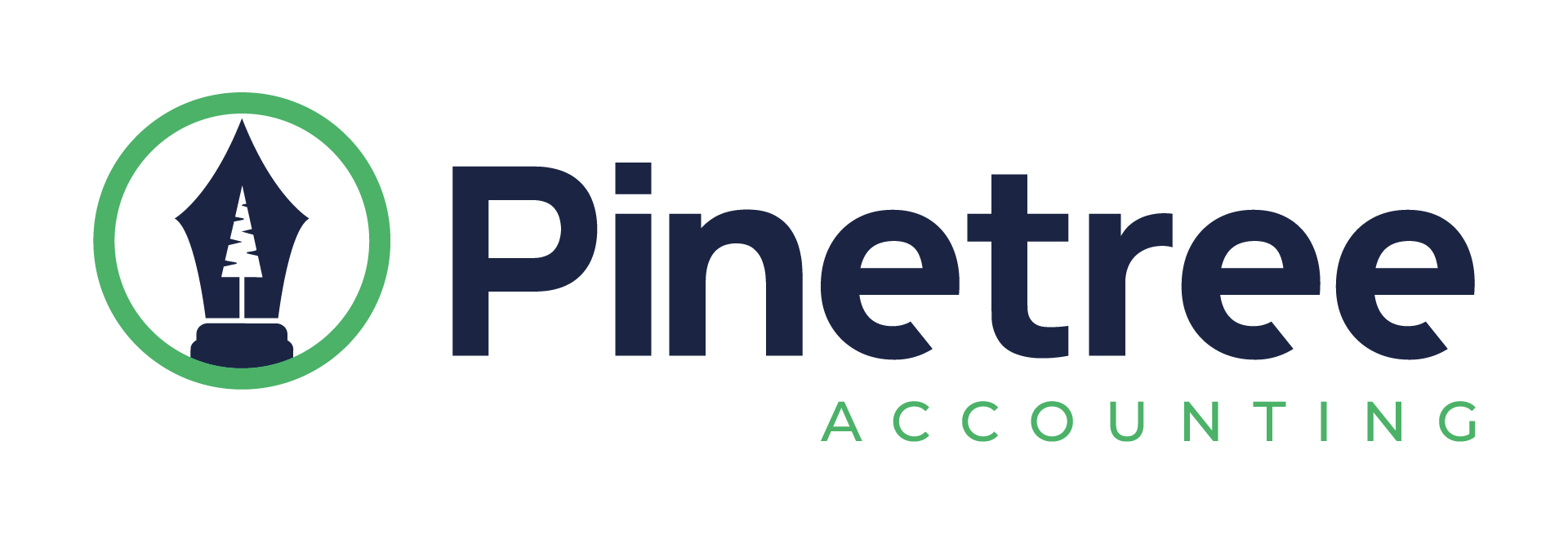Have you ever wondered how long it takes to audit a company? The duration of an audit can vary depending on several factors. In this article, we will explore the different factors that can influence the length of an audit process and provide you with a timeline to better understand what to expect.
When it comes to auditing a company, various factors can affect the duration of the process. Firstly, the size and complexity of the company can play a significant role in how long it takes to complete an audit. Larger companies with multiple divisions and complex financial structures may require more time and resources to examine their financial records thoroughly. Additionally, the industry in which the company operates can also impact the audit duration. Certain industries like banking or healthcare may have more stringent regulations and reporting requirements, leading to a longer audit process. By understanding the factors that can influence the length of an audit, you can better manage your expectations and plan accordingly.
Factors Influencing Audit Duration
Auditors often face numerous challenges that can significantly impact the time it takes to complete an audit. One major factor influencing audit duration is the size and complexity of the company being audited. Larger companies with more complex operations and multiple locations will naturally require more time to examine their financial records and systems thoroughly. Additionally, companies that have undergone recent mergers or acquisitions may present additional challenges, as auditors must ensure that the financial statements accurately reflect the combined operations.
Another factor that affects audit duration is the quality of the company’s internal controls. If a company has strong internal controls, auditors can rely on these systems to gather the necessary evidence efficiently. On the other hand, if a company has weak or inadequate internal controls, auditors may need to spend more time testing and verifying the accuracy of the financial information provided. This can significantly extend the audit duration as auditors must perform additional procedures to ensure the reliability of the financial statements.
Lastly, the availability and accessibility of company personnel and documentation can also impact audit duration. Auditors rely on the cooperation and assistance of company employees to provide necessary information and access to relevant documents. If there are delays in receiving the required documentation or key personnel are unavailable for interviews, the audit process can be prolonged. Companies must proactively provide auditors with the necessary resources and support to ensure a smooth and efficient audit.
The factors influencing audit duration are the size and complexity of the company, the quality of internal controls, and the availability of company personnel and documentation. As auditors navigate through these challenges, they strive to complete the audit promptly while ensuring accuracy and compliance with auditing standards. By understanding these factors, both auditors and companies can work together to streamline the audit process and minimize any unnecessary delays.
Timeline of an Audit Process
First, you’ll embark on a journey through the intricate process of examining a company’s financial records. The timeline of an audit process can vary depending on the size and complexity of the company being audited. On average, a complete audit can take anywhere from a few weeks to several months. This timeline is divided into several key stages that must be followed to ensure a thorough and accurate examination of the company’s financial statements.
The first stage of the audit process is the planning phase. During this stage, the auditor will gather information about the company’s business operations, industry, and internal controls. This step is crucial in determining the scope and objectives of the audit. It involves conducting interviews with key personnel, reviewing previous audit reports, and analyzing financial data. The planning phase typically takes a few weeks to complete, as it requires careful analysis and understanding of the company’s operations.
Next, the auditor will move on to the fieldwork stage. This is where the bulk of the audit work takes place. The auditor will examine the company’s financial records, test internal controls, and perform substantive testing procedures to verify the accuracy and completeness of the financial statements. The fieldwork stage can take several weeks or even months, depending on the size and complexity of the company. It involves gathering evidence, conducting detailed testing, and documenting the auditor’s findings.
The audit process concludes with the reporting stage. During this stage, the auditor will prepare an audit report that outlines their findings and opinions on the company’s financial statements. The report will highlight any significant issues or areas of concern identified during the audit. The reporting stage typically takes a few weeks to complete, as it involves reviewing and finalizing the audit report, obtaining management’s response, and presenting the report to the company’s board of directors or shareholders.
In conclusion, the timeline of an audit process can vary depending on the size and complexity of the company being audited. It typically involves three key stages: planning, fieldwork, and reporting. While the entire audit process can take anywhere from a few weeks to several months, each stage is essential to thoroughly and accurately examine a company’s financial records.
Planning and Managing Expectations
Embarking on the planning and managing expectations stage will help you navigate the intricate process of examining a company’s financial records, leaving you confident and prepared. This stage is crucial as it sets the foundation for a successful audit. During this phase, you will work closely with the company’s management team to gather relevant information and establish clear objectives for the audit. By clearly understanding the company’s expectations and goals, you can ensure that the audit process aligns with their needs.
In this stage, it is important to communicate effectively with the management team and stakeholders involved. You will need to discuss the scope of the audit, including the areas to be examined and the timeframe for completion. Setting realistic expectations allows you to manage the company’s and stakeholders’ anticipations and avoid unnecessary delays or misunderstandings. Additionally, this stage allows you to identify potential risks or challenges that may arise during the audit, enabling you to plan and allocate resources accordingly.
Managing expectations also involves establishing a timeline for the audit process. This timeline will outline the key milestones and deliverables, ensuring that everyone involved is aware of the expected timeframe. By providing a clear roadmap, you can keep the audit on track and minimize disruptions to the company’s operations. Regular communication and updates with the management team throughout the audit will foster transparency and help address any concerns or questions that may arise.
An audit’s planning and managing expectations stage is essential for a smooth and successful process. You can confidently navigate the audit process by working closely with the company’s management team, setting clear objectives and expectations, and establishing a timeline. This stage sets the tone for the entire audit and ensures all parties involved are on the same page.





